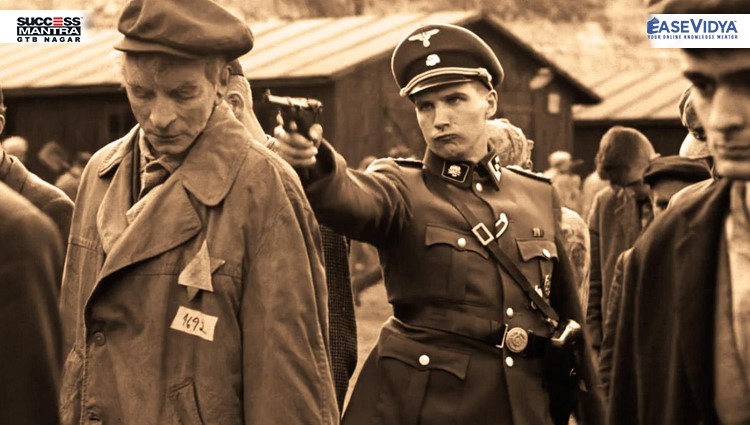
War Crime
War Crime
Context:
An International Criminal Court prosecutor has launched an investigation on the “situation in Ukraine” following Russia’s invasion.
- There is a reasonable basis to believe that both alleged war crimes and crimes against humanity have been committed in Ukraine since 2014.
What’s the issue?
ICC had received many queries “with respect to the crime of aggression” but could not exercise “jurisdiction over this alleged crime” as neither Russia nor Ukraine were signatories to ICC’s founding Rome Statute.
- But, now ICC believes that it has jurisdiction because Ukraine had twice accepted the court’s mandate, once in 2014 after Russia’s annexation of Crimea, and again in 2015, when it recognised the court’s jurisdiction for “an indefinite duration”.
Has Russia committed war crimes in Ukraine?
- On the morning of February 28th, Russian Grad missiles rained death on the centre of Kharkiv, Ukraine’s second largest city.
- Volodymyr Zelensky, Ukraine’s president, said the missiles were deliberately targeted at civilians and described the attack as a war crime.
What is a war crime?
According to the United Nations, a war crime is a serious breach of international law committed against civilians or “enemy combatants” during an international or domestic armed conflict.
In contrast with genocide and crimes against humanity, war crimes have to occur in the context of armed conflict.
Geneva Conventions:
The meaning of war crimes was clarified in the four 1949 Geneva Conventions.
- Article 147 of the Fourth Geneva Convention defines war crimes as “wilful killing, torture or inhuman treatment, including wilfully causing great suffering or serious injury to body or health, unlawful deportation or transfer or unlawful confinement of a protected person taking of hostages and extensive destruction and appropriation of property, not justified by military necessity and carried out unlawfully and wantonly”.
ICC developments:
The Rome Statute of the ICC expanded the list of crimes that constitute war crimes. The statute, for example, recognises forced pregnancy as a war crime.
Proportionality, distinction and precaution:
The three main pillars of humanitarian law are the principles of distinction, proportionality and precaution. If any or all of these principles are violated, it could be found that a war crime has been committed.












0 Comment